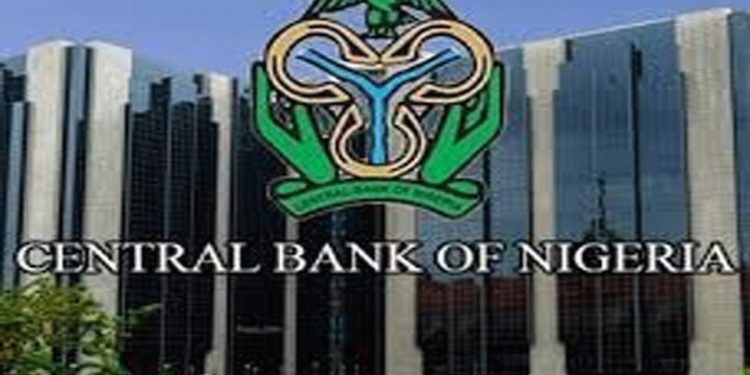The Central Bank of Nigeria (CBN) has taken a decisive step in its efforts to reform the foreign exchange market by delisting a staggering 2,698 Bureau de Change (BDC) operators in the country. The move was revealed in an updated list of approved BDC dealers published by the apex bank, which showed that the total number of approved BDC operators has now been reduced to 2,991.
This dramatic reduction comes after a previous list published in 2022, where the CBN had approved a much higher number of 5,689 BDC dealers. The exponential growth of BDCs over the years was observed, with the operators increasing from a mere 74 in 2005 to a staggering 5,689 in 2021.
Under the leadership of former CBN Governor, Godwin Emefiele, the rapid expansion of BDCs raised concerns about illegal financial activities, including round tripping and involvement in illicit flows. To address these issues and create a more transparent and regulated forex market, the former administration banned the sale of foreign exchange to BDCs.
With the change in administration, the Policy Advisory Council’s National Economy Sub-committee provided recommendations to further enhance the reforms. One of the key suggestions was to raise the capitalization requirement for BDC operators, which could potentially weed out unqualified or unscrupulous players in the market.
Another significant proposal put forward by the council was to allow Nigerian banks to operate as primary dealers, thereby becoming the main suppliers of foreign exchange in the market. This measure is expected to increase transparency and streamline the forex supply process.
The CBN’s recent delisting of 2,698 BDCs showcases the regulator’s determination to implement the suggested reforms and restore stability to the forex market. By reducing the number of approved BDC operators, the apex bank aims to create a more controlled and accountable environment for foreign exchange transactions.
As the reforms continue to take shape, market participants and stakeholders will be closely watching for further developments to assess the impact on the Nigerian economy and the stability of the forex market. The CBN’s actions signify its commitment to addressing the challenges posed by unregulated BDCs and paving the way for a more sustainable and robust financial system in the country.















